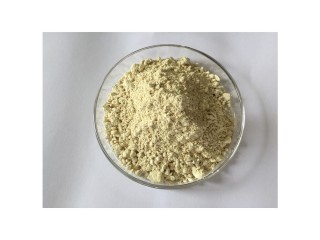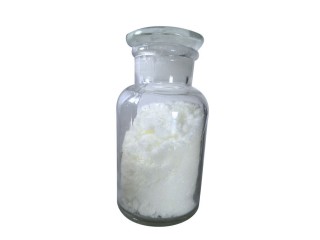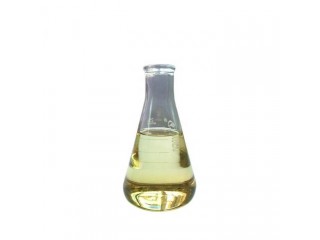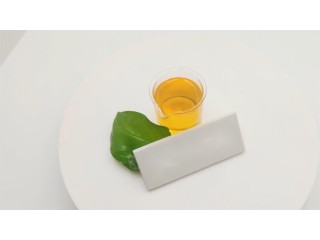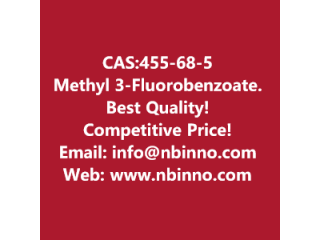Cas 1185-55-3 Methyltrimethoxysilane Manufacturer & Supplier
Sep 26th, 2022 at 13:53 Electronic Chemicals Des Peres 43 views Reference: z3YaOZWRexqLocation: Des Peres
Price: Contact us
Cas 1185-55-3 Methyltrimethoxysilane - Buy Methyltrimethoxysilane,1185-55-3 Product manufacturer and supplier from China, Please contact us by Live Chat on the bottom right.
Essential details
| CAS No.: |
1185-55-3 |
| Other Names: |
Trimethoxy(methyl)silane |
| MF: |
C4H12O3Si |
| EINECS No.: |
214-685-0 |
| Place of Origin: |
China |
| Type: |
Syntheses Material Intermediates |
| Purity: |
99% |
| Model Number: |
qsn07-23-03 |
| Application: |
Coupling agent |
| Appearance: |
Colorless transparent liquid |
| Density: |
0.955 g/mL at 25 °C(lit.) |
| Molecular weight: |
136.22 |
| Boiling point: |
102-104 °C(lit.) |
| Melting point: |
<-70°C |
| Flashing point: |
52 °F |
| Refractive index: |
1.3695±0.0050 |
Supply Ability
| Supply Ability | 200 Metric Ton/Metric Tons per Month |
Packaging & delivery
200KG/DRUMQingdao;Shanghai
| Packaging Details | |||||||
| Port | |||||||
| Picture Example: | |||||||
| Lead time: |
|
Product Description
|
Typical characteristics |
Value |
|
Appearance |
Colorless transparent liquid |
|
Purity |
≥99.0% |
|
Density at 25℃ |
0.95g/ml |
|
Boiling point at 760mmHg |
102℃ |
|
Flash point |
16℃ |
|
Refractive Index(nD25) |
1.3690 |
Application:
Be used as a cross-linking agengt for RTV.
The most common alkoxy crosslinkers are methoxy or ethoxy silanes due to their high reactivity. The reaction precedes by nucleophilic substitution usually in the presence of acid or base catalysts. Alkoxides react directly with silanols or with water to produce silanols. The newly formed silanols can react with other alkoxides or self-condense to produce a siloxane bond and water. When an acid catalyst is used, protonation of the alkoxysilane increases the reactivity of the leaving group. When a base catalyst is used, deprotonation of the silanol forms a reactive silonate anion. The by-product of the reaction is an alcohol. Common metal catalysts for these reactions are alkoxytitanium derivatives and dibutyltin dicarboxylates
Be used in the production of silicone resins.
Filler Modifier.
D-20 is used mainly to render a wide range of surfaces and materials water repellent (e.g. mineral fillers, pigments, glass, cardboard). D-20 may be used pure or in solution to treat fillers, using suitable mixing equipment. It may be necessary to first pre-treat the substrate with water and/or a catalyst.
It is also used as a pigment treatment to aid in dispersion.
Company Information


